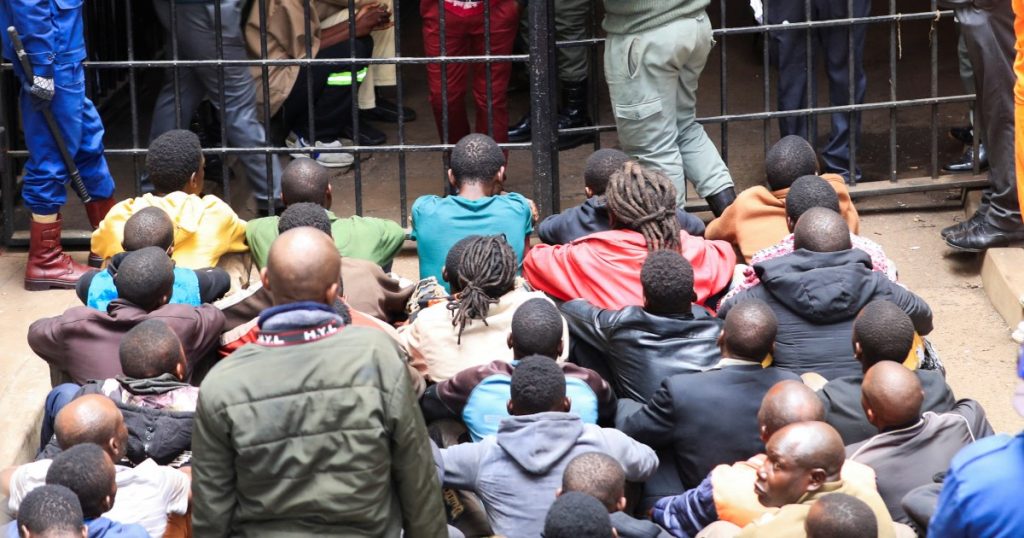On the morning of August 7, four masked men attempted to break into the offices of Crisis in Zimbabwe Coalition (CiZC), a network of groups advocating for democratic freedom in a country where dissent is often met with violence. The intruders were likely government operatives, as a government-owned newspaper had accused the group of planning demonstrations. Following the incident, staff members have avoided returning to the office due to feeling unsafe and traumatized. The government’s response to the claims of government involvement in the break-in remains unclear.
The attempted break-in at CiZC is just one example of the crackdown on pro-democracy activists and opposition members in Zimbabwe as the country prepares to host a summit of the Southern African Development Community (SADC). President Emmerson Mnangagwa is set to assume leadership of the SADC, marking a significant moment for his administration despite the ongoing repression and paranoia from the government. Security forces have targeted activists and opposition party members, arresting dozens of individuals and using violence during protests and detentions.
Activists believe that the government’s actions stem from a deep fear and paranoia, as they crack down on dissenting voices and those who seek to challenge the status quo. The passing of laws criminalizing opposition activity and the imposition of sanctions by the United States indicate a continuation of repressive policies despite Mnangagwa’s promises of reform upon taking office in 2017. The opposition has repeatedly criticized Mnangagwa’s administration and alleged electoral fraud, leading to further tensions and violence.
While rights groups like Amnesty International and Human Rights Watch have called for action from the SADC in response to the human rights violations in Zimbabwe, the bloc has remained largely silent. Calls to move the summit away from Zimbabwe have gone unanswered, raising concerns about the regional stability and diplomatic relationships at play. South Africa, in particular, has faced criticism for its silence on the violations in its neighbor, with accusations of collusion and hypocrisy circulating on social media.
As the SADC summit approaches and tensions continue to rise in Zimbabwe, opposition leaders and rights groups are calling for accountability and action from regional leaders. There is growing concern about the potential escalation of violence and repression, especially as internal factions within ZANU-PF vie for power amid rumors of Mnangagwa seeking an unconstitutional third term. The future remains uncertain for activists and citizens who are caught in the midst of political turmoil and repression in Zimbabwe.












